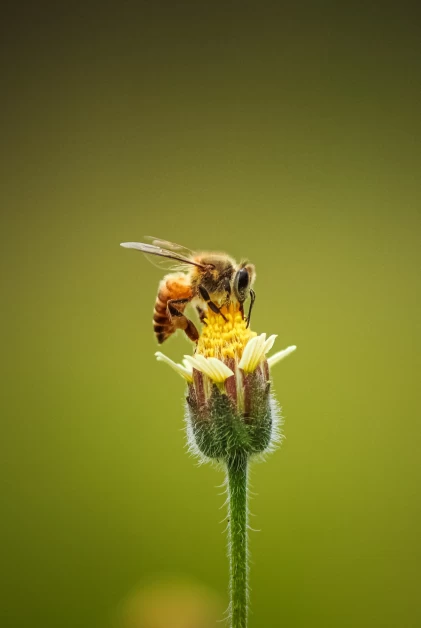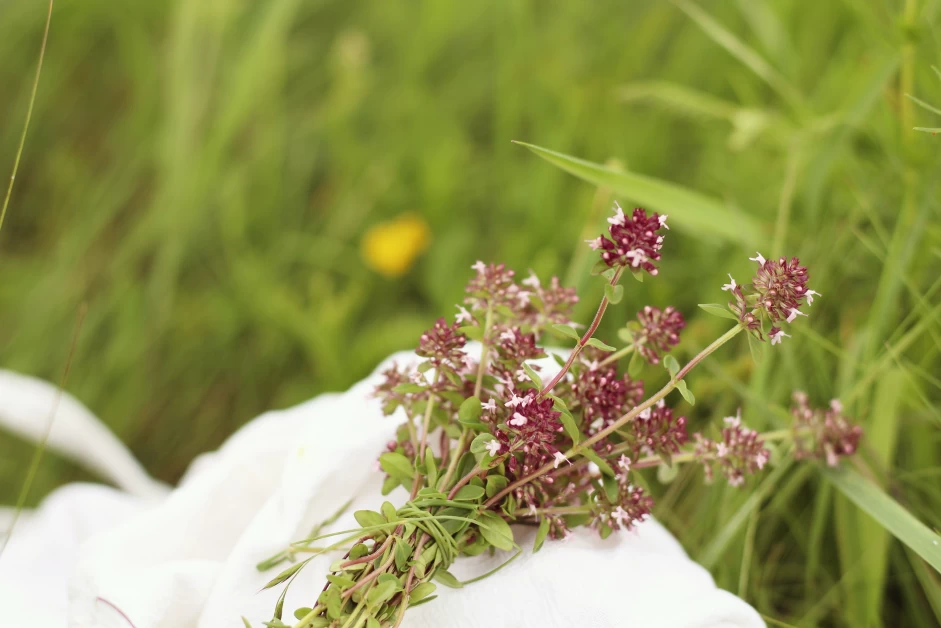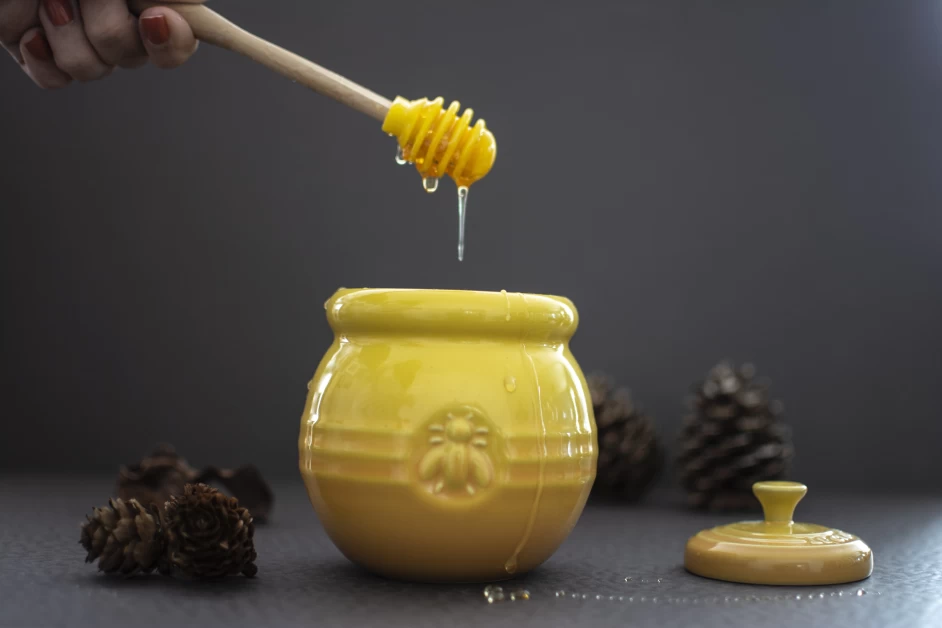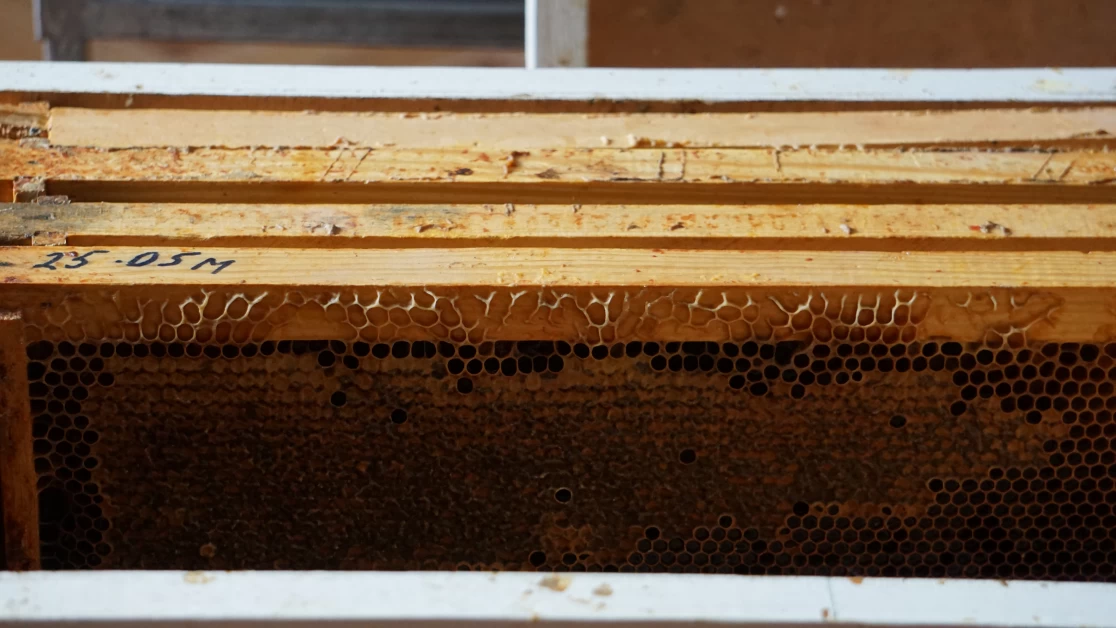Table of Contents
Manuka honey is known for its unique properties and health benefits. It is produced by bees that feed on the nectar of the Manuka tree, which is native to New Zealand. However, not all Manuka honey is created equal. There are two main types of Manuka honey: monofloral and multifloral. In this article, we will explore the differences between these two types and help you understand which one may be the right choice for you.
Introduction
Manuka honey has gained popularity in recent years due to its potential health benefits. It is believed to have antibacterial, antiviral, and anti-inflammatory properties, making it a sought-after natural remedy for various ailments. However, not all Manuka honey is the same. There are significant differences between monofloral and multifloral varieties, which can impact their quality and effectiveness.
Monofloral Manuka Honey
Monofloral Manuka honey is produced from the nectar of the Manuka tree flowers exclusively. Bees gather the nectar from these flowers, resulting in a honey that is rich in Manuka’s unique properties. Monofloral honey is considered to be of higher quality and more potent than multifloral honey.
Characteristics of Monofloral Manuka Honey
- High Methylglyoxal (MGO) Content: Monofloral Manuka honey has a high concentration of Methylglyoxal (MGO), which is the compound responsible for its antibacterial properties. The MGO content is measured using a rating system, with higher ratings indicating higher potency.
- Distinctive Flavor and Aroma: Monofloral honey has a strong, robust flavor and a distinctive aroma. The taste can vary depending on the region where it is produced and the specific batch.
- Traceability: Monofloral honey is often traceable to a specific batch or hive. This traceability allows consumers to verify the authenticity and quality of the honey they are purchasing.
Benefits of Monofloral Manuka Honey
- Antibacterial Properties: The high MGO content in monofloral honey gives it strong antibacterial properties. It may help fight against harmful bacteria and promote wound healing.
- Digestive Health: Monofloral honey has been used to alleviate digestive issues such as stomach inflammation and irritable bowel syndrome (IBS). Taking a small amount before meals may help soothe the digestive system.
- Immune Support: The antibacterial and anti-inflammatory properties of monofloral honey may help boost the immune system and protect against certain infections and illnesses.
Multifloral Manuka Honey
Multifloral Manuka honey, also known as polyfloral Manuka honey, is produced by bees that gather nectar from multiple flower sources, including the Manuka tree. This honey contains a blend of different floral nectars, which can affect its quality and potency.
Characteristics of Multifloral Manuka Honey
- Mixed Floral Sources: Multifloral honey contains nectar from various flowers, including the Manuka tree. The presence of different floral sources can result in a milder flavor and aroma compared to monofloral honey.
- Variable MGO Content: The MGO content in multifloral honey can vary depending on the floral sources used. It may have a lower MGO concentration compared to monofloral honey.
- Limited Traceability: Multifloral honey may have limited traceability to a specific batch or hive. This can make it difficult for consumers to verify its origin and quality.
Benefits of Multifloral Manuka Honey
- General Health and Well-being: While multifloral honey may have lower MGO levels compared to monofloral honey, it still contains beneficial compounds that can contribute to overall health and well-being.
- Versatility: Multifloral honey is often used as a natural sweetener in various culinary preparations. It can be added to beverages, used as a topping for desserts, or incorporated into salad dressings and marinades.
Choosing the Right Manuka Honey
When choosing between monofloral and multifloral Manuka honey, it’s important to consider your specific needs and preferences. Here are a few factors to consider:
- Potency: If you are looking for the highest potency and therapeutic benefits, monofloral Manuka honey with a high MGO rating is your best bet.
- Flavor: Monofloral honey has a stronger and more distinct flavor compared to multifloral honey. If you prefer a milder taste, multifloral honey may be more suitable.
- Budget: Monofloral honey is generally more expensive than multifloral honey due to its higher quality and potency. Consider your budget when making a decision.
It’s worth noting that both monofloral and multifloral Manuka honey can provide health benefits. However, monofloral honey is often preferred for its higher MGO content and traceability.
Conclusion
In summary, monofloral and multifloral Manuka honey differ in terms of their floral sources, potency, flavor, and traceability. Monofloral honey is known for its high MGO content and distinctive flavor, while multifloral honey offers versatility and a milder taste. Ultimately, the choice between the two depends on your personal preferences and health goals. Whether you choose monofloral or multifloral honey, incorporating Manuka honey into your daily routine can be a delicious and beneficial addition to your diet.









